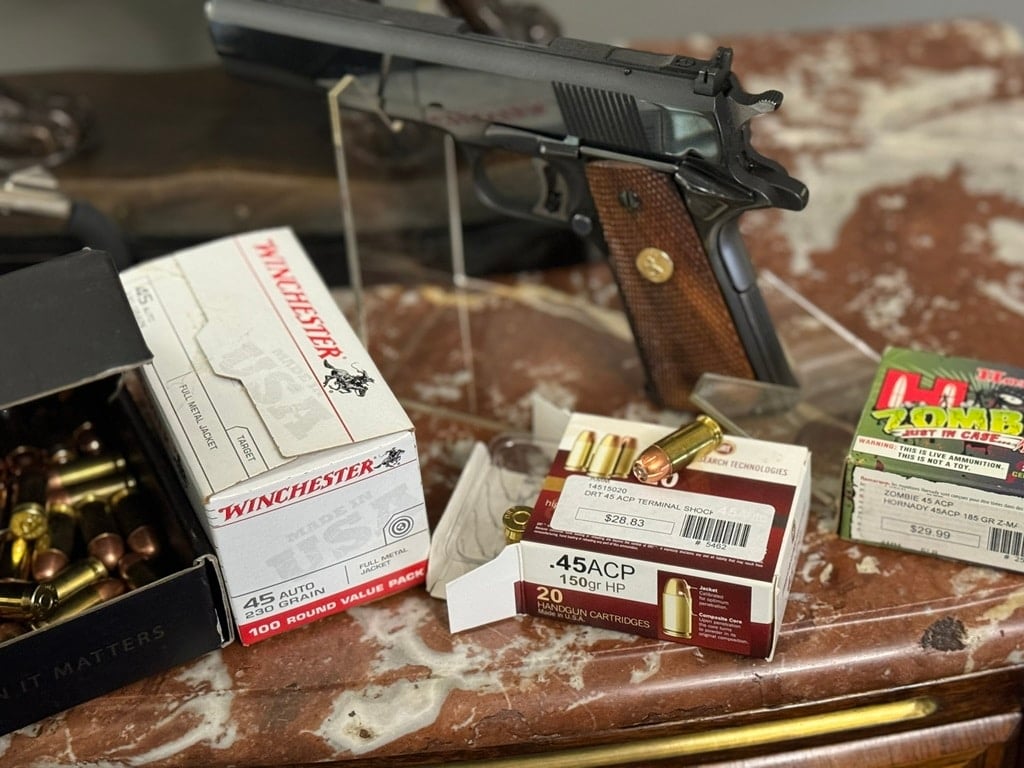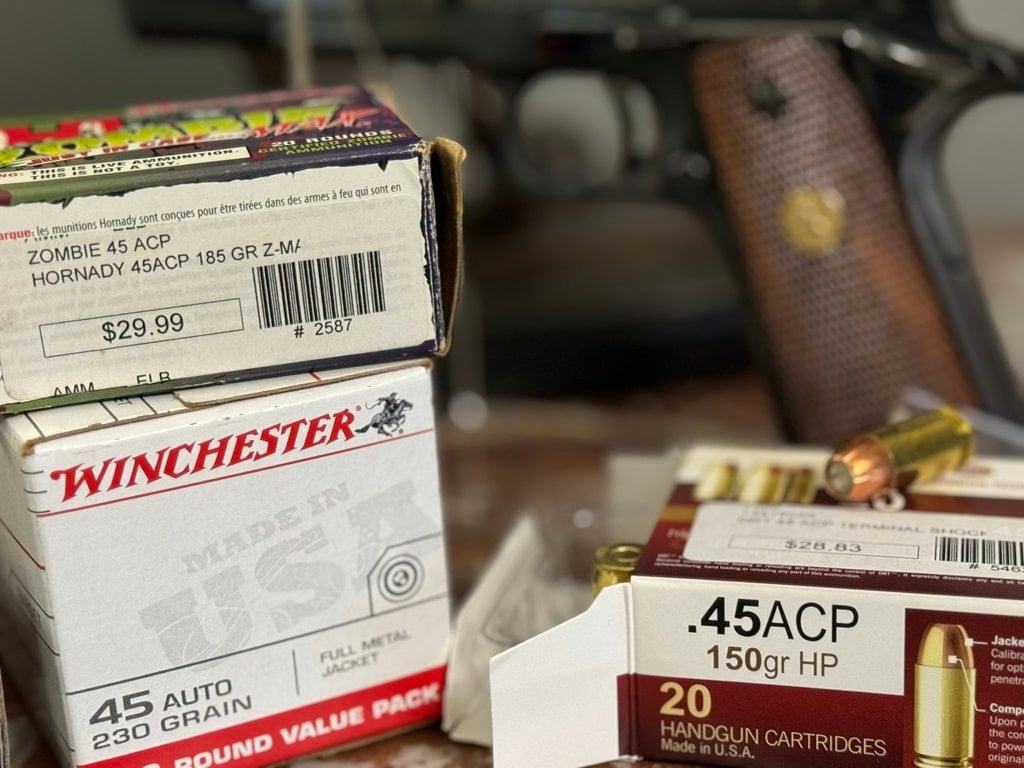This article delves into the various types of .45 ACP ammunition and the significance of different grain loads, providing a detailed overview for enthusiasts and professionals alike.
Types of .45 ACP Ammunition
Full Metal Jacket rounds are the most common type of .45 ACP ammunition. These bullets have a soft core, usually made of lead, encased in a harder metal shell. This shell, or jacket, covers the entire projectile except for the base. FMJ rounds are preferred for training and target shooting because they are relatively inexpensive and have good penetration capabilities. They are less likely to expand upon impact, making them less suitable for self-defense as they can over-penetrate targets and pose risks to unintended targets.
Jacketed Hollow Point (JHP) bullets are designed for self-defense and law enforcement applications. The hollow point in the bullet's tip allows for controlled expansion upon impact, creating a larger wound channel in the target and reducing the likelihood of over-penetration. This makes JHP rounds highly effective for defensive purposes as they maximize stopping power while minimizing the risk to bystanders.
Frangible .45 ACP rounds are designed to disintegrate into tiny particles upon hitting a hard surface to minimize the risk of ricochet. These bullets are typically made from a composite of metals that are pressed together rather than melted. They are ideal for use in steel-target shooting and close-quarters combat training.
Specialty and Defensive Rounds, such as +P (overpressure) ammunition, are loaded to higher internal pressures to achieve greater velocity and stopping power. They are suitable for use only in firearms specifically rated for +P rounds due to the increased stress they place on the weapon. Defensive rounds might also include features such as bonded core bullets, which are designed to retain their mass and penetration capabilities through tough barriers.
Grain Loads in .45 ACP
The grain of a bullet refers to its weight, with one grain equaling approximately 0.065 grams. The choice of bullet weight can significantly affect the performance of a firearm, influencing factors like recoil, velocity, and trajectory.

185-Grain
The 185-grain bullets are typically lighter and faster than the standard 230-grain loads. They offer a flatter trajectory and less recoil, making them a popular choice for competitive shooting where rapid, accurate shots are crucial. The lighter bullet can also expand more quickly upon impact, which can be beneficial for self-defense scenarios.
200-Grain
A mid-range option, the 200-grain bullets provide a balance between the low recoil of 185-grain bullets and the greater momentum of 230-grain bullets. This weight is often chosen for its versatility, being effective in both target shooting and self-defense.
230-Grain
The traditional weight for .45 ACP ammunition, 230-grain bullets, are known for their deep penetration and significant stopping power. This heavier bullet weight results in more recoil, which can affect shot recovery in rapid-fire scenarios. However, its mass and momentum make it highly effective for self-defense and military use, where stopping power is paramount.

Conclusion
The .45 ACP remains a preferred choice for many shooters due to its robust performance and versatility across different types of ammunition and grain loads. Whether for competitive shooting, self-defense, or tactical applications, understanding the nuances of these bullet types and weights can help users select the best ammunition for their specific needs. As always, it's essential to consider the firearm's specifications and handle ammunition that matches the gun's design and the shooter's capability.
